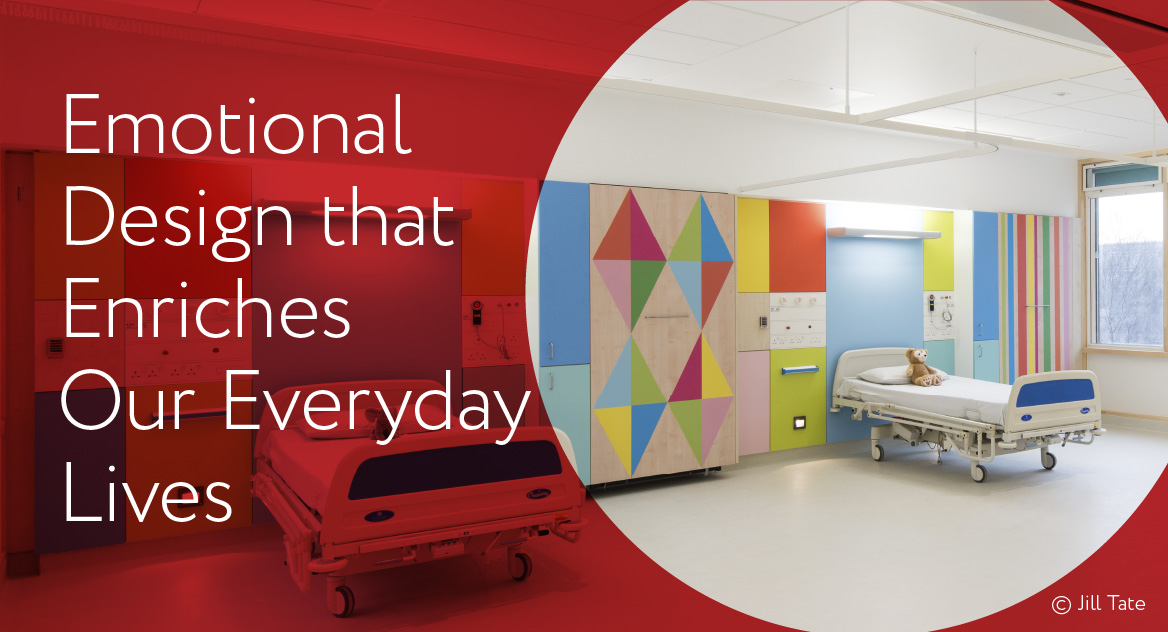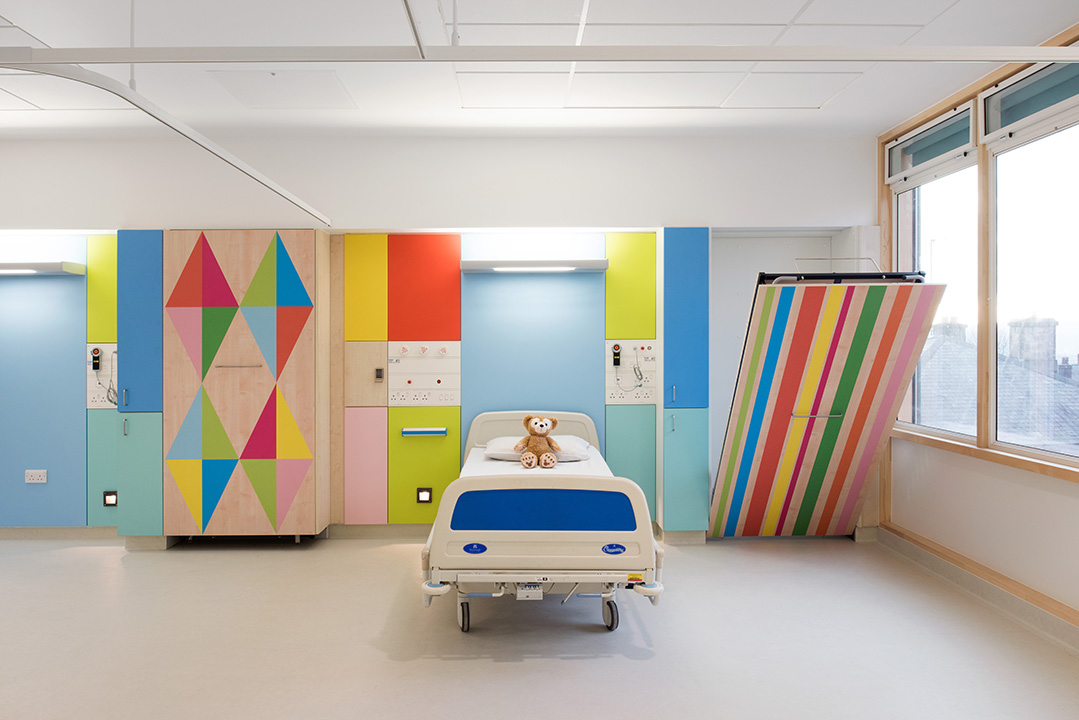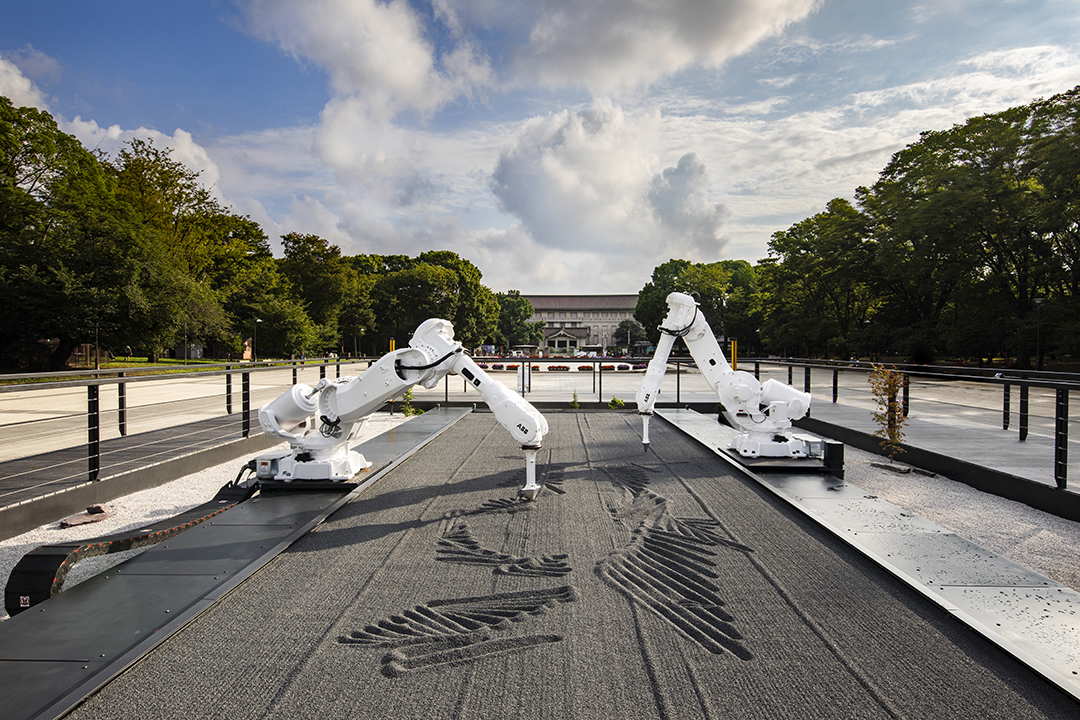DMatters September 2021 Issue
DIVING DEEP INTO DESIGN
with Dr Joseph Wong, Executive Director of HKDC

Every aspect of our lives can benefit from human-centred design. A human-centred approach means connecting more deeply and authentically with your audience.
In this issue, we meet a new generation of designers united by an appreciation of sustainability, identity, and collaboration, who share that when it comes to ‘good design’, improving lives is always a worthy pursuit. We also take a closer look at how placemaking can strengthen the connection between people and places, creating positive user experiences.
Last month, I had the pleasure of interviewing Samson Fong from YAS MicroInsurance for the programme ‘Good Life Good Design’ co-hosted with Metro Radio (listen here). He joined us on the first episode of our new ‘Creative Tech’ season to talk about how insurtech is reshaping insurance to meet the emerging lifestyle needs of customers. Examples include micro-insurance policies for hiking, biking, running, and riding, and an easy-to-use mobile app. As Samson shares, “We spent a lot of time gathering data on current general insurance to see what most accidents are related to, and what the most common insurance claims are. That way, we could understand people’s needs first before designing products to accommodate their needs.” I’m looking forward to hosting other guests on our ‘Creative Tech’ series to discuss, share, and ultimately inspire our listeners.
Recently, I have been curious about how environments with conventionally negative associations can be transformed through design, like the stark and sterile corridors of a hospital. UK designer Morag Myerscough, our previous Business of Design Week (BODW) 2020 speaker, took this as a challenge, transforming rooms in a children’s hospital in Sheffield, England, into bright, hopeful, welcoming spaces through her use of colourful artwork and design. She was mindful of older children and created blue-green colour schemes that could accommodate the potential colour and pattern intolerances of children with autism and others.
 Morag Myerscough’s colourful, homely graphic design brightens the wards of Sheffield Children's Hospital.
Morag Myerscough’s colourful, homely graphic design brightens the wards of Sheffield Children's Hospital.
Jason Bruges, whose interactive displays have been beams of optimism, imagination, and hope at Great Ormond Street Hospital in London, England, also recently unveiled his robotic-cultural installation of the “The Constant Gardeners” in Tokyo. The installation integrates robotics, Japanese garden culture, and sports in a zen-like showcase, offering visitors a peaceful space to relax and enjoy some quiet and enriching introspection.
 “The Gardeners” by Jason Bruges – a team of four industrial robot arms created different dynamic patterns on a large-scale gravel canvas during the Tokyo 2021 Olympics and Paralympic Games.
“The Gardeners” by Jason Bruges – a team of four industrial robot arms created different dynamic patterns on a large-scale gravel canvas during the Tokyo 2021 Olympics and Paralympic Games.
Closer to home, we look at what good design means to local designers from our Design Incubation Programme (DIP) and Fashion Incubation Programme (FIP), and we explore creative placemaking in action with #ddHK transFORM installations. In Transforming Places for Public Enjoyment and Wellbeing, designers share how even in a high-density city, and without the ability to travel overseas, placemaking can be a useful tool to reinvent the public realm for people to enjoy. We also set in motion our role as a design thinking advisor for a new POS Action Lab symposium, a project supported by the Architectural Services Department to develop design thinking tools for public open space innovation.
The success of design often comes down to the feelings it evokes, and as one of our DIP designers shares in Design for good, “With our designs, we are pursuing feelings of ease, equilibrium, and enlivenment.” When you interact with a space, product, or service that has been human-centrically designed, you feel empathised with, accommodated, comfortable, or satisfied: you’re left with a sense of value and of being valued. It’s hard not to feel positive about that.
Happy reading, fellow design devotees.
Click here to read the full issue of DMatters September 2021.
Dr Joseph Wong
Executive Director
Hong Kong Design Centre